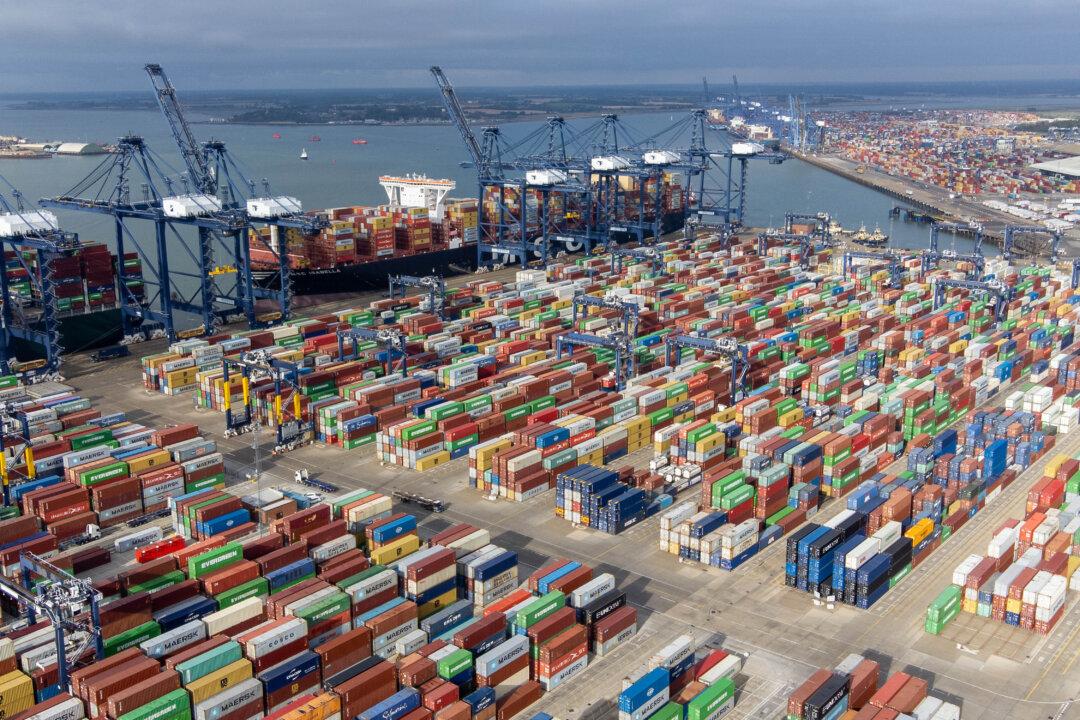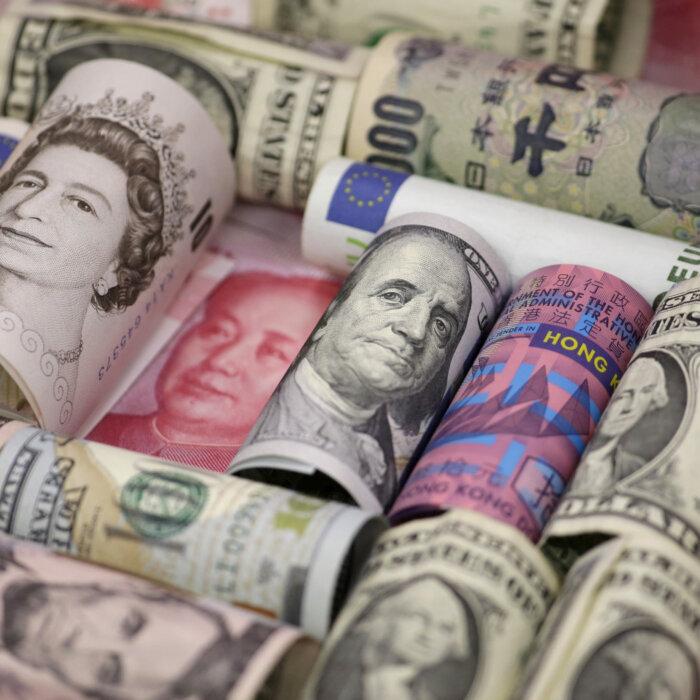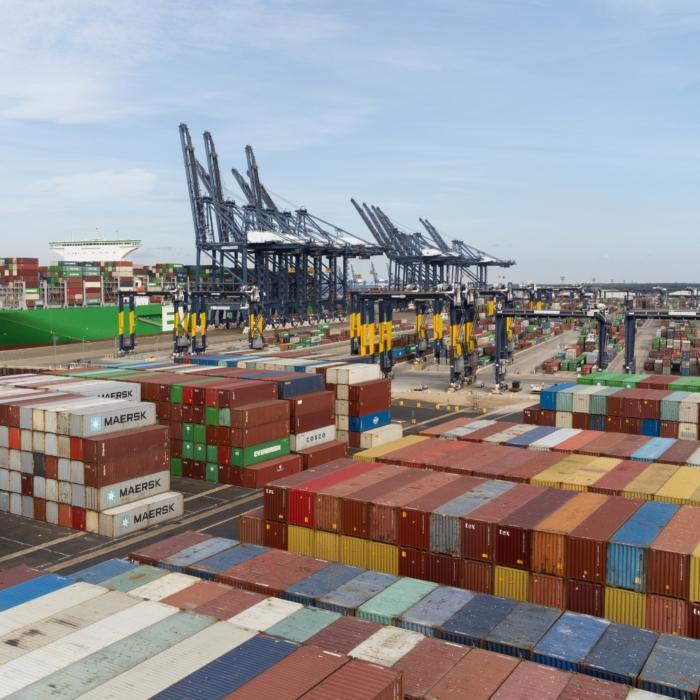Throughout 2023, China continued to be the most common destination of the UK’s export license refusals, doubling the number in 2022, official figures show.
It came after refusals of China-destined export licences more than doubled in 2022 after new security rules came into force that year.
However, China remains the top destination for controlled exports from the UK in terms of the value of goods despite the new rules for military end-use (MEU) exports and the inclusion of China, Hong Kong, and Macau to the list of destinations subject to an arms embargo.
According to data published on Thursday by the government’s Export Control Joint Unit (ECJU), in 2023, 807 permanent standard individual export licences (SIEL) were granted to exports of strategic goods to China, second only to the United States, which was the end user destination of 1,041 licences.
However, the total value of exports permitted by these licences given to goods destined to China was £25.6 billion, almost double the amount for the number two destination, South Korea (£13.1 billion), and triple the amount for the number three destination, India (£8.4 billion).
The unit noted that the actual value of goods exported was likely lower.
In each quarter in 2022 and 2023, a handful of high value licences destined for a few countries accounted for a significant proportion of the total value—between 40 percent and 96 percent—and China was among the top destinations in seven out of eight quarters during the two years.
These licences were for information security equipment and software for information security equipment, according to the ECJU.
Meanwhile, China was also the most common destination for licence refusals.
The rules that took effect in 2022 apply to licensing decisions for the export, transfer, brokering, and transit of goods, software, and technology subject to control for strategic reasons.
Last year, ECJU Director Rosemary Pratt said they had a “a big impact” on exports to China and it was the main reason for the doubling of refusals in 2022.
In 2022, 252 SIEL applications for exports to China were refused, compared to 119 in 2021 for China and Hong Kong.
The refusal rate was 11.9 percent, more than quadrupling the average rate of 2.5 percent.
In 2023, the number of refusals for licences to China doubled again, to 578, a refusal rate of almost 42 percent.
This included 574 applications for non-military goods, three applications for military goods, including drone-related goods, electronic equipment, and production equipment, and one application for dual use goods.
Five criteria have been used in the refusal of China and Hong Kong SIEL applications.
The criterion of international obligations, such as U.N. sanctions and treaties, was cited 453 times, compared to 135 times in 2022.
The existence of a risk that the items will be diverted to an undesirable end-user or for an undesirable end-use was cited 259 times, double the amount in 2022 (128).
National security was cited 170 times, compared to 88 times in 2022.
In addition, five licences were rejected for human rights reasons and one was rejected for preservation of peace and security. The two criteria were not used in the refusal of China-related applications in 2022.
Respect for human rights and fundamental freedoms in the country of final destination as well as respect by that country for international humanitarian law.
ECJU also revoked a licence for semiconductor-related goods, data show. And an additional eight applications destined for Hong Kong were refused.







